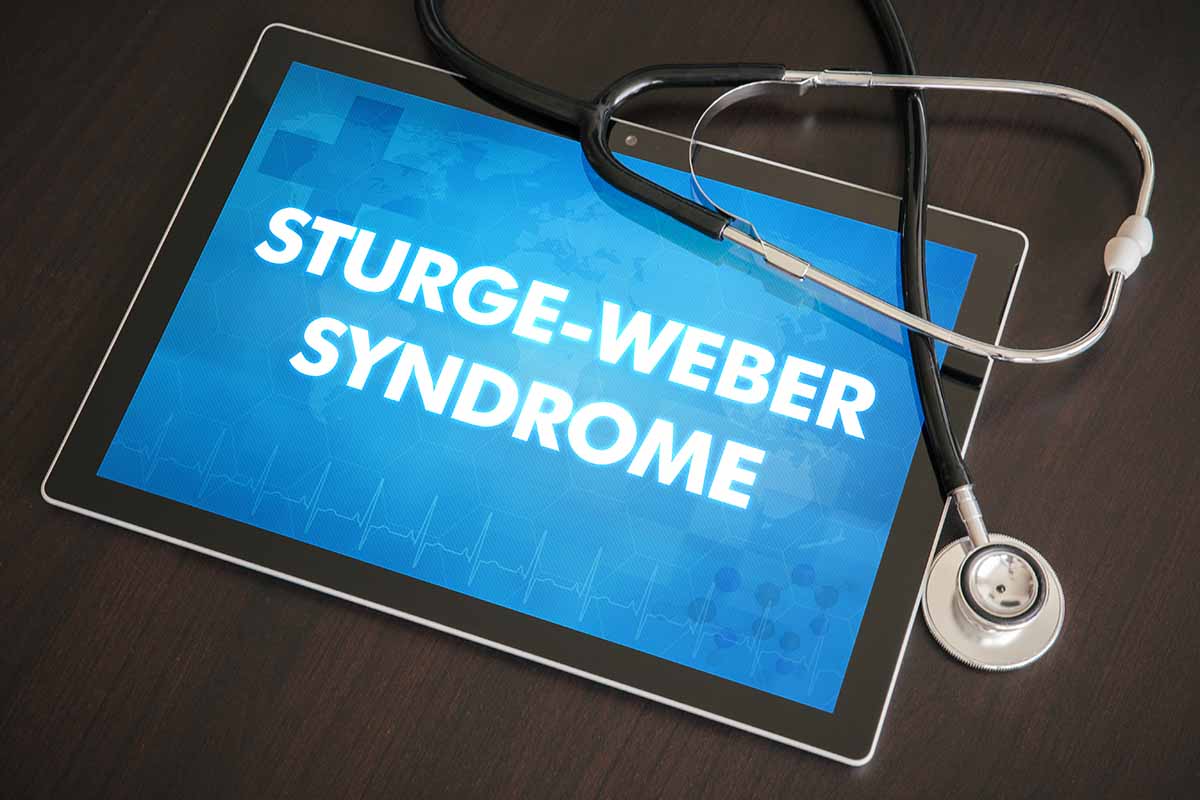
Clozapine-Induced Enuresis:
An Underrecognized and Undertreated Problem
Clozapine is a particularly efficacious second-generation antipsychotic, although its use has been restricted to treatment-refractory cases due to a plethora of side effects. The most life-threatening side effects are agranulocytosis, seizures, and myocarditis; however, sedation, sialorrhea, tachycardia, dizziness, constipation, and gastrointestinal upset are most common.1 We identified new-onset enuresis in one of our patients, which we propose to be an underreported side effect of clozapine.
Case Report
A 69-year-old woman with schizoaffective disorder, bipolar type (DSM-5 criteria) and over 20 past psychiatric hospitalizations was admitted to our inpatient service for uptitration of clozapine in the setting of recent medication noncompliance and paranoid thinking. Over the course of her 15-day hospitalization, clozapine was uptitrated from 25 mg to 300 mg daily with favorable response. Vital signs and weekly absolute neutrophil counts were consistently within normal limits.
On the second evening of clozapine use (25 mg daily dose), the patient began to experience nighttime enuresis with incontinence during 4 of the next 5 nights of therapy. This incontinence caused the patient substantial subjective distress per the nursing staff, despite no change in her interaction with the psychiatrists. The patient was placed on desmopressin 0.2 mg on the seventh day of therapy (clozapine 150 mg/day), with supplementary nighttime awakenings to urinate. The patient had only 1 episode of enuresis after initiation of this regimen and was able to be discharged on clozapine 300 mg/day and desmopressin 0.2 mg/day. Because our patient only responded to explicit questioning regarding urinary patterns during admission, we hypothesized that outpatient providers might likewise experience difficulty in eliciting reports of nighttime enuresis on clozapine and that this side effect might be underreported as a result. We searched PubMed using the MeSH database terms [clozapine] AND [enuresis] OR [urinary incontinence] AND [clozapine/adverse effects] AND [prevalence] in our initial research.
Discussion
In a study2 of 103 patients taking clozapine, only 1 patient volunteered new-onset enuresis, but an additional 39 patients with enuresis were identified through direct questioning. Another study of 61 patients on clozapine found enuresis in 27 individuals (44% of patients).3 In the setting of these 2 studies,2,3 as well as a selection of case reports and series,4-7 it is our view that clozapine-induced enuresis represents a problem that has not yet been sufficiently addressed in the psychiatric community.
It should be noted that clozapine-induced enuresis as a clinical phenomenon remains poorly understood. We chose desmopressin for our patient based on its known ability to treat generic enuresis, but other therapies have been successfully employed, as described in various case reports and series.4-7 These therapies include aripiprazole (10-15 mg daily), amitriptyline (25 mg daily), trihexyphenidyl (5 mg daily), ephedrine (≤ 150 mg daily), and pseudoephedrine (30 mg 4 times daily).4-7 Relevant etiologic explanations fail to account for why other drugs with distinct mechanisms of action have also been efficacious by report.4-6 The etiology of clozapine-induced enuresis is therefore likely to be multifactorial and requires further investigation to more completely describe.
Conclusion
This case report and literature review demonstrate that clozapine-induced enuresis is most likely underreported and that direct questioning regarding enuresis may have greater success than vague inquiries into side effects.2 The reported incidence of urinary abnormalities is substantially lower in published pharmacotherapeutic reference material8 than in the few studies2,3 that have been conducted on this matter, and, as with our patient, any resulting potential failure to inquire about side effects after new-onset enuresis may have profound consequences for the patient’s quality of life. It is likewise important to highlight the number of successful therapeutic strategies that have been reported, which may mitigate such distressing side effects and may be useful for outpatient psychiatrists and primary care providers alike.
Published online: May 14, 2020.
Potential conflicts of interest: None.
Funding/support: None.
Patient consent: Consent was received from the patient to publish the case report, and information has been de-identified to protect anonymity.
REFERENCES
1.Safferman A, Lieberman JA, Kane JM, et al. Update on the clinical efficacy and side effects of clozapine. Schizophr Bull. 1991;17(2):247-261. PubMed CrossRef
2.Yusufi B, Mukherjee S, Flanagan R, et al. Prevalence and nature of side effects during clozapine maintenance treatment and the relationship with clozapine dose and plasma concentration. Int Clin Psychopharmacol. 2007;22(4):238-243. PubMed CrossRef
3.Lin CC, Bai YM, Chen JY, et al. A retrospective study of clozapine and urinary incontinence in Chinese in-patients. Acta Psychiatr Scand. 1999;100(2):158-161. PubMed CrossRef
4.Poyurovsky M, Modai I, Weizman A. Trihexyphenidyl as a possible therapeutic option in clozapine-induced nocturnal enuresis. Int Clin Psychopharmacol. 1996;11(1):61-63. PubMed CrossRef
5.Praharaj SK, Arora M. Amitriptyline for clozapine-induced nocturnal enuresis and sialorrhoea. Br J Clin Pharmacol. 2007;63(1):128-129. PubMed CrossRef
6.Hanes A, Lee Demler T, Lee C, et al. Pseudoephedrine for the treatment of clozapine-induced incontinence. Innov Clin Neurosci. 2013;10(4):33-35. PubMed
7.Lee MJ, Kim CE. Use of aripiprazole in clozapine induced enuresis: report of two cases. J Korean Med Sci. 2010;25(2):333-335. PubMed CrossRef
8.Clozapine: Drug Information. https://www.uptodate.com/contents/clozapine-drug-information. Accessed April 22, 2020.
aWeill Cornell Medicine, New York, New York
bNew York-Presbyterian Westchester Division, White Plains, New York
*Corresponding author: Dimitry Francois, MD, 21 Bloomingdale Rd, White Plains, NY 10605 ([email protected]).
Prim Care Companion CNS Disord 2020;22(3):19l02530
To cite: Luche N, Francois D. Clozapine-induced enuresis: an underrecognized and undertreated problem. Prim Care Companion CNS Disord. 2020;22(3):19l02530.
To share: https://doi.org/10.4088/PCC.19l02530
© Copyright 2020 Physicians Postgraduate Press, Inc.
Enjoy this premium PDF as part of your membership benefits!





